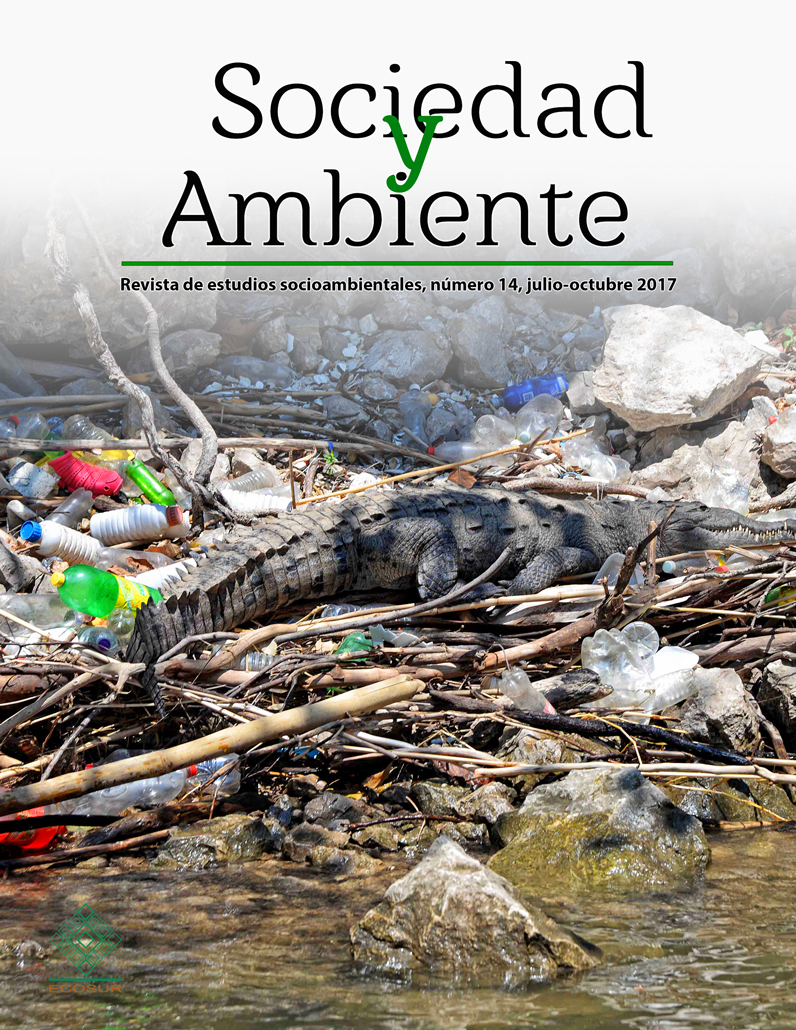Abstract
The article describes the social perceptions about the spider monkey of the inhabitants of eleven Mixe, Zoque, Zapotec, Mixteca and Chinanteca indigenous communities, in the Northeast of Oaxaca, in southern Mexico. They are described through the thoughts of men and women, whose implications for the conservation of this endangered species are examined. Eighty-four testimonials and interviews with men and women were analyzed. Perceptions were similar in the five ethnic groups and are linked to ecological value, use value, the value associated with ecotourism, fear and indifference. Women’s perceptions are related to their everyday work, and differ between women who are only homemakers and those who collect food resources in the mountains. Three groups of men are defined: those for whom the monkey was a secondary hunting target, those who whom it provided financial benefits through the sale of infant monkeys for various purposes and those who knew of their ecological value in the mountains. The spider monkey does not play an important role in residents’ activities, and in some groups, a negative assessment predominates. If in addition to this, the current situation of the species is discouraging, there is a latent risk of local extinction, meaning that there is an urgent need to invest efforts in its recovery.

Sociedad y Ambiente by ECOSUR is licensed under a Creative Commons Reconocimiento-NoComercial-SinObraDerivada 2.5 México License

